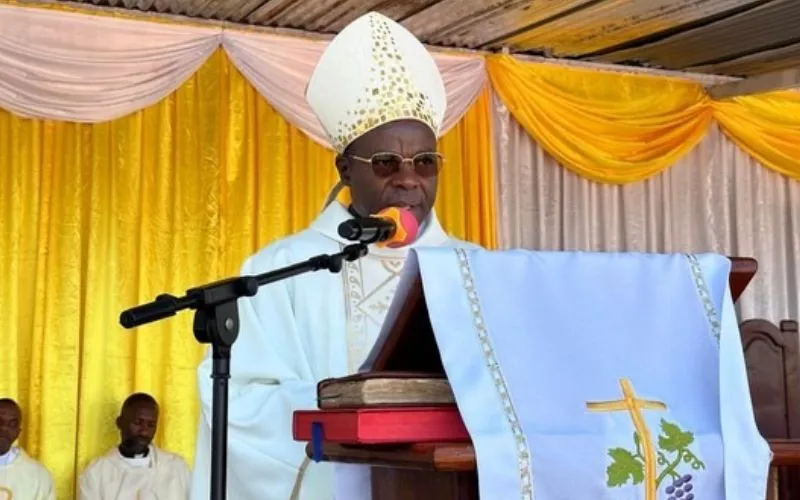Malanje, 12 June, 2024 / 8:01 pm (ACI Africa).
Archbishop Luzizila Kiala of the Catholic Archdiocese of Malanje in Angola has expressed concern about the high rate of theft in his Episcopal See, calling on the people of God to respect the eighth Commandment “Thou shalt not steal.”
In his homily during the launch of activities marking the 60th anniversary of the Sacred Heart Parish of Malanje Archdiocese, Archbishop Kiala also faulted Christians who visit soothsayers, saying, “It is the source of theft.”
“We see that there is a lot of theft in our land, in our neighborhoods, in this city,” the Angolan Catholic Archbishop said Monday, June 10.
He added, “Stealing is the work of Satan. I remind you of the eighth commandment which says: Thou shalt not steal.”
“The eighth commandment forbids theft or robbery, or the taking of another's property against the will of the owner,” Archbishop Kiala emphasized.








